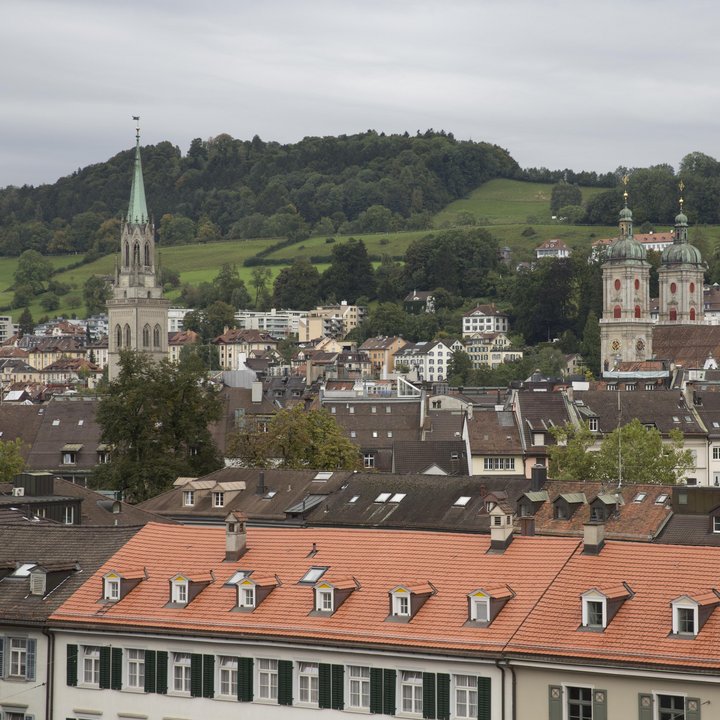Life in Switzerland


Its national borders and its neutrality were internationally determined and recognised in 1815. The Swiss political system goes back to the federal constitution of 1848. Since then, both the competencies of the Confederation and the rights of its people have developed further and political diversity has increased.
Federalism
Federalism is what makes it possible for Switzerland to subsist and endure as a unity – despite its four linguistic cultures and its varied regional characteristics. Switzerland consists of 26 cantons, which in turn are subdivided into 2,212 municipalities (status as of 1 January 2019). The number of municipalities decreases from year to year because of municipal amalgamations. Each canton itself regulates the division of duties between the canton and its municipalities.
People in Switzerland
Today, 8.4 million people live in Switzerland, of whom the proportion of foreign nationals is 25 per cent. The national languages are German, French, Italian and Romansh (Rhaeto-Romanic), which are spoken by 62 per cent, 23 per cent, 8 per cent and 0.5 per cent of the Swiss population respectively. As many as 63 per cent of fellow inhabitants who are foreign nationals speak German. Most of Swiss people belong to the Christian faith community (70 per cent), while the share of those who do not belong to any faith community amounts to 23 per cent. Would you like to find out more about Switzerland?